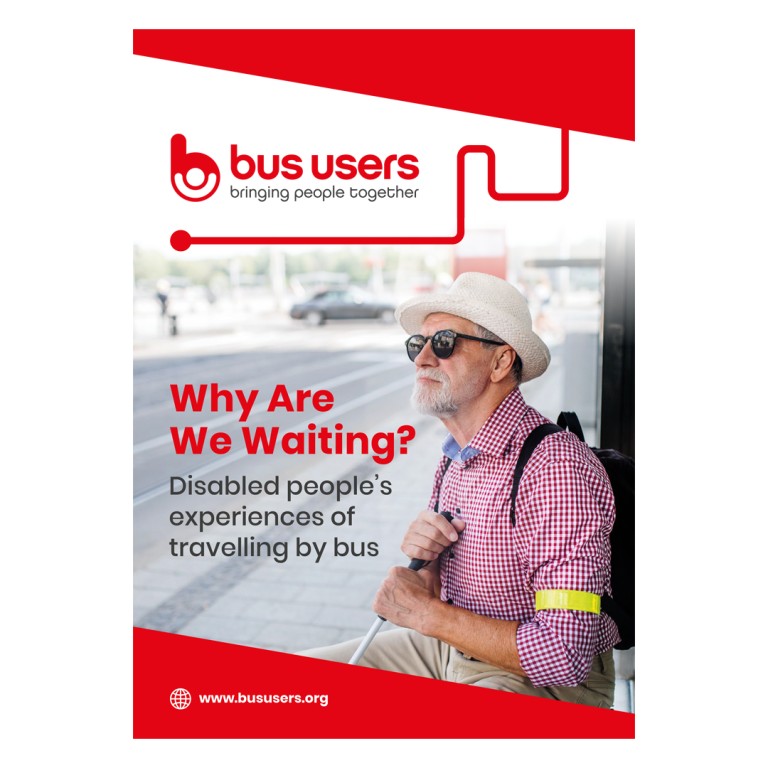Key Findings
The report emphasizes that while buses are crucial for enabling independence, they remain inaccessible for many disabled individuals. The key issues highlighted include:
- Infrastructure: Many bus stops lack basic amenities such as seating or shelter, making it difficult for disabled passengers to wait comfortably. Obstacles like high kerbs, bins, and bike stands further hinder access to buses.
- Bus Design: Wheelchair spaces are often poorly located, making it hard for passengers to view information displays. Additionally, there is often competition for space, creating further discomfort for disabled riders.
- Information: Passengers reported inconsistent timetables, conflicting information on apps, and missing or inaccessible audio-visual information on buses. These issues have left some disabled passengers stranded or unable to complete their journeys.
- Bus Drivers and Passengers: The attitudes and behaviours of bus drivers and other passengers significantly impact the travel experience for disabled people. In some cases, these interactions can determine whether a disabled person is able to travel at all.
A Call for Action
Claire Walters, Chief Executive of Bus Users UK, stated, “At some point in our lives, we will all need more accessible transport. Buses offer a means to independence and allow people to live active, fulfilling lives. However, despite advances in legislation, staff training, and vehicle design, buses are still far from fully accessible. This report, through the voices of disabled passengers, highlights the many challenges they face.”
The report calls for urgent collaboration between the Government, transport industry stakeholders, local authorities, and disabled people to address these challenges and make bus travel more accessible.
Chelsea Fleming, Innovation Manager at the Motability Foundation, commented on the report, saying, “This research from Bus Users UK is eye-opening, bringing to light the lived experiences of disabled people when travelling by bus. At the Motability Foundation, we aim to break the barriers disabled individuals face when using public transport, and we hope this report’s recommendations lead to improved accessibility in bus travel.”
Bus Users UK has highlighted that improving the accessibility of bus travel not only benefits disabled passengers but also enhances the overall public transport system. By making buses more inclusive, transport providers can cater to a broader range of passengers, fostering a more equitable society. Furthermore, these improvements contribute to reducing the reliance on private vehicles, supporting environmental sustainability goals and easing urban congestion.
The report is a crucial step toward understanding and addressing the barriers that disabled passengers face, emphasizing the need for sustained commitment, collaboration, and funding to ensure that bus travel becomes a dependable, accessible, and eco-friendly choice for all.


